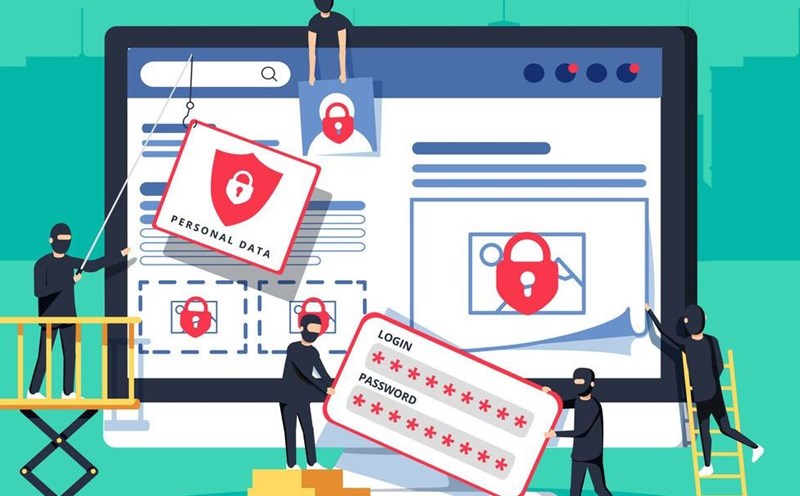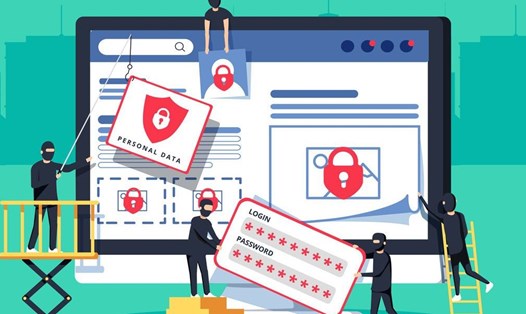According to cybersecurity company Kaspersky, in 2023 and 2024, more than 5,260 email scams committed by some Ninja subjects were detected in Vietnam.
Criminals use emails with easy money-making offers, promising richness to lure victims to exchange and talk via email, eventually turning them into targets of fraud cases to appropriate property.
In 2024, Kaspersky has discovered new variations of fraud such as pretending to be in love to ask victims to pay for travel expenses, impersonating rich businessmen to seek investment opportunities, and even scammers claiming to represent the illuminati closed-end association - a famous closed-end association, ready to share power and money with victims.

According to Anna Lazaricheva, a book analyst at Kaspersky, the scams of the Nigeria group have existed for many years and are still one of the most sophisticated and flexible forms of online fraud.
Unlike many other forms of email cyber attacks based on malicious links or attached files, scams by Ninja groups mainly exploit non-technical attacks, maintaining long conversations to build trust and fake legality. The ability to adapt and change unpredictably is the reason why this form of fraud becomes especially dangerous.
"To increase trust with victims, scammers constantly adjust their tactics, taking advantage of global events, the latest news, or even personal tragedies.
In the future, these scams will become more sophisticated and may become more difficult to detect. This highlights the importance of raising awareness and improving digital safety skills to identify and combat these manipulations, said Anna.
To protect yourself, Kaspersky has made 4 recommendations:
- Always be vigilant against attractive offers and be cautious with self-proclaimed emails sent from influential individuals. It is best not to respond to messages from unverified addresses.
- Check the information in the email carefully when interacting with strangers, paying special attention to unusual points, grammatical errors, or unreasonable details. If the response address is different from the sender's address or another address appears in the email content, it could be a sign of a scam.
- If the email really comes from a legal sender but the content shows signs of being unusual, verify the information through another communication channel before responding.
- Always use a reliable security solution when surfing the web, to be able to effectively detect and prevent spam and fraud campaigns.











